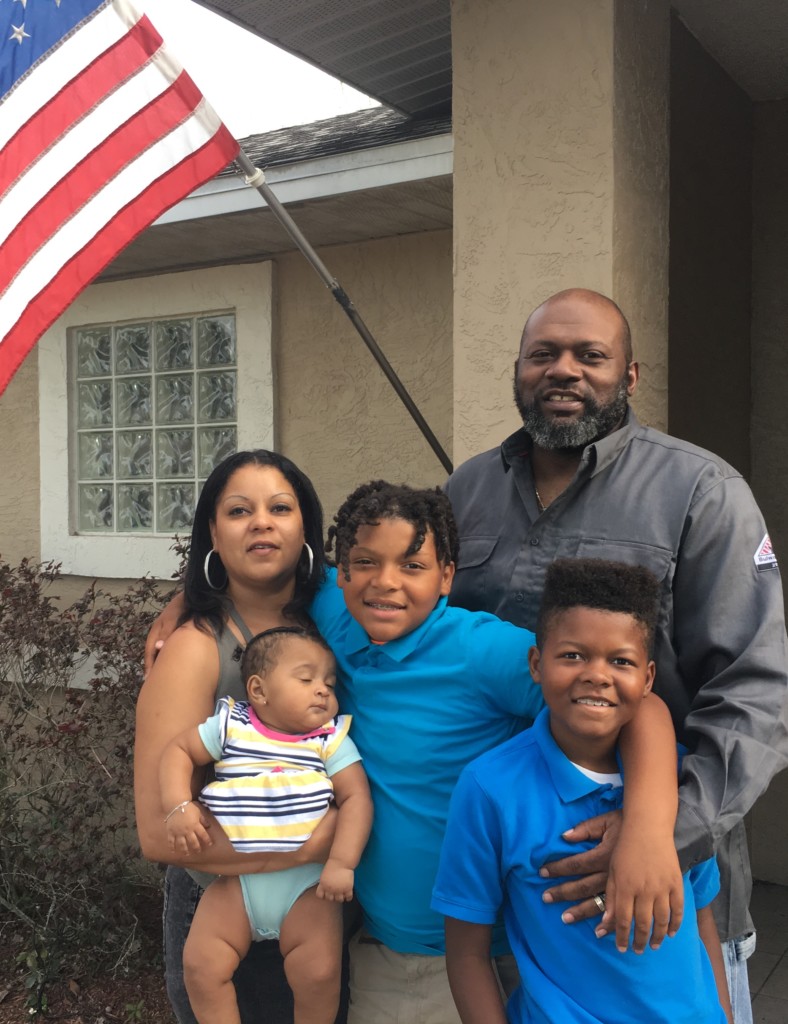Tag: black students

Once bored, now soaring, thanks to all-boys charter school
Florida charter schools are serving 177,000 students who are black or Hispanic. The parents of Frankie and Allen Clark enrolled them in Visible Men Academy charter school because they did not believe the district school shared their expectations for their sons. READ MOREOn parental choice and pluralism
Not long ago, progressives like Harvard sociologist Christopher Jencks, once...
READ MOREBlack & homeschooled
The fight for educational freedom has always been part of...
READ MOREPeter Hanley: Wishing outrage extended to America’s two-tiered education system
Editor’s note: This is the second post in our school...
READ MOREHoward Fuller: More parental choice, more hope for black children
Editor’s note: Dr. Howard Fuller is board chair of the...
READ MOREScholarship student & dad overcome struggles, graduate together
On graduation day 2013 for Franklin Academy in Tallahassee, the...
READ MOREThe unrealized dream of educational justice
Editor’s note: This is the fourth and final post in...
READ MOREParental choice would honor the Dream
Editor’s note: This is the third post in our series...
READ MOREDarrell Allison: Access denied, from lunch counters to zip codes
Editor’s note: This is the second in our series of...
READ MOREParental school choice spurs surprising reactions from advocates of the poor
As a white person from Iowa, I am always hesitant...
READ MOREMLK and God’s schools
Editor’s note: This is the first in a series of...
READ MORE

